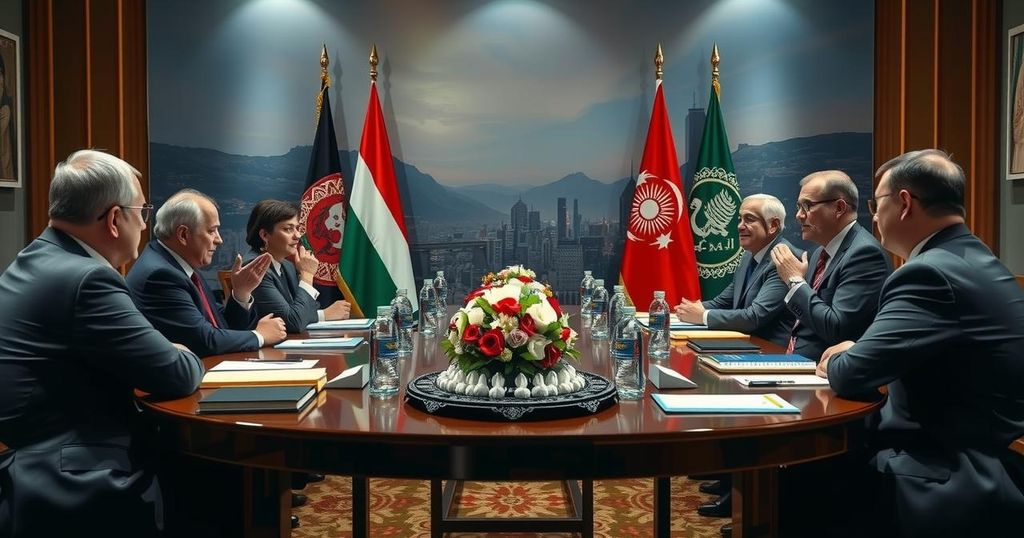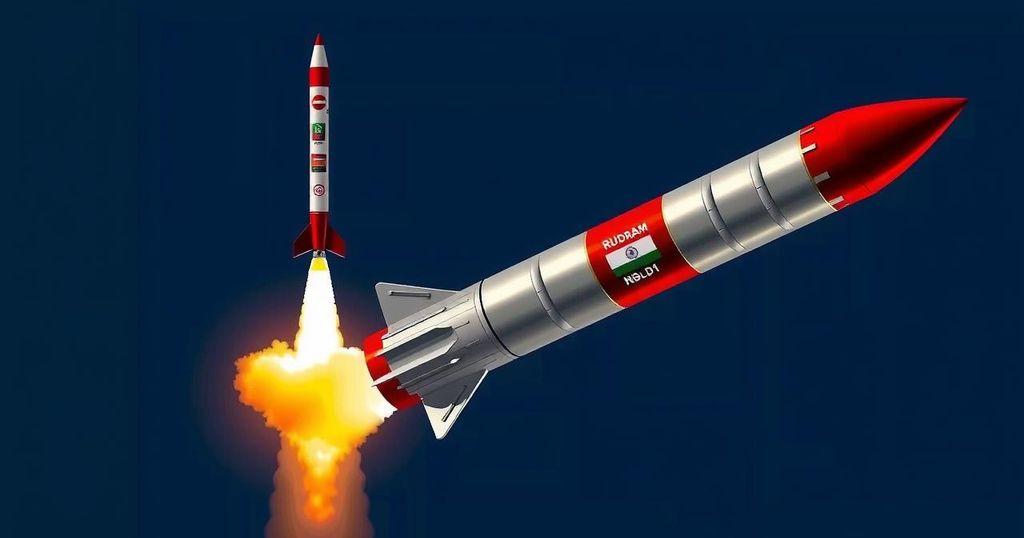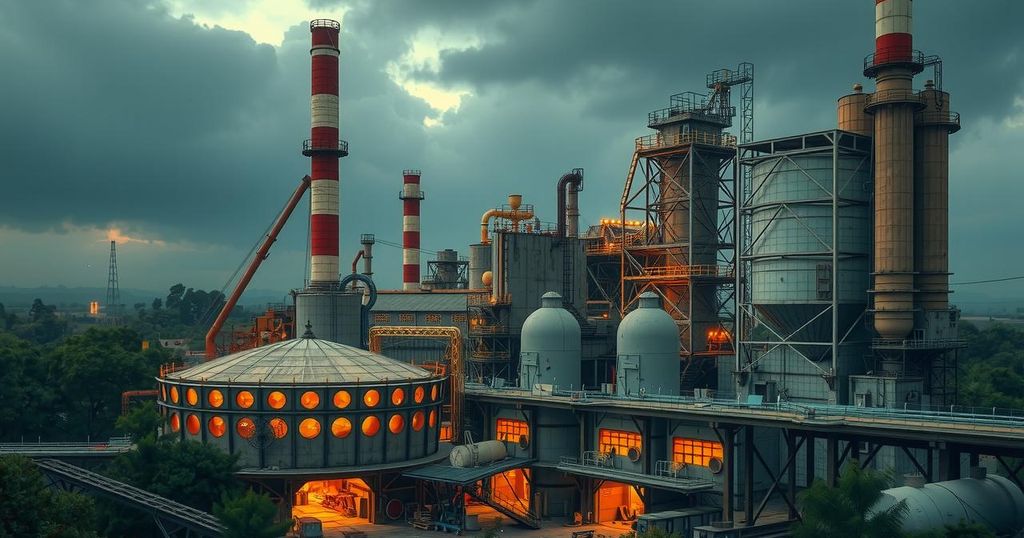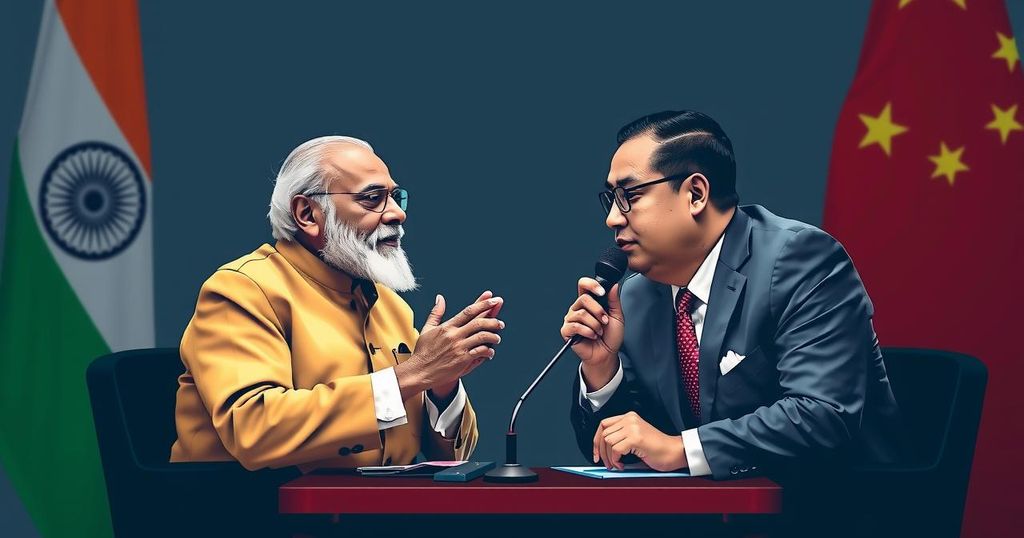Prime Minister Modi Advocates for Peaceful India-China Relations at BRICS Summit in Kazan
Prime Minister Narendra Modi and President Xi Jinping discussed critical issues concerning India-China relations during their meeting at the BRICS Summit in Kazan, Russia. Modi emphasized the importance of peace and stability along their border and advocated for mutual respect as the basis of their interactions. This meeting was the first since border tensions escalated in 2020 and underscored commitments to address developmental challenges and enhance bilateral cooperation.
On Wednesday, Prime Minister Narendra Modi engaged in bilateral discussions with President Xi Jinping of China during the BRICS Summit in Kazan, Russia. In their conversation, Prime Minister Modi underscored the critical importance of maintaining peace and stability along the India-China border. He articulated that the foundation of their bilateral relations should be anchored in mutual respect and sensitivity. “We believe India-China ties are important not just for our people but for peace, stability and development,” asserted Modi. The Prime Minister further expressed optimism that their dialogue would be conducted with an open mind, fostering constructive discussions. This meeting marked the first official interaction between the two leaders since the escalation of border tensions in eastern Ladakh that began in May 2020, following their last structured meeting in Mamallapuram in October 2019. President Xi Jinping acknowledged the significance of their meeting, noting the scrutiny it has garnered from both their nations and the global community. He stated, “China and India are both ancient civilisations, major developing countries, and important members of the global south. We are both at a crucial phase in our respective modernisation endeavours. It best serves the fundamental interests of our two countries and peoples,” indicating the shared responsibilities they have as leaders. Additionally, the Indian Ministry of External Affairs (MEA) highlighted the necessity of advancing bilateral relations from a strategic standpoint, improving communication, and pursuing cooperative initiatives to address developmental challenges. Recently, India and China have reached an agreement to resolve the standoff between their military forces concerning the patrolling along the Line of Actual Control (LAC) in eastern Ladakh. Before this meeting, Prime Minister Modi participated in the 16th BRICS Summit, emphasizing the global uncertainties posed by conflicts, climate change, and cyber threats. He urged that a unified approach is essential in countering terrorism and financing thereof, calling for a collaborative stance against the radicalization of youth. Modi also advocated for advancing financial integration among BRICS nations and highlighted the success of India’s Unified Payments Interface (UPI) as a cornerstone for enhancing economic cooperation.
The diplomatic relationship between India and China has been historically prominent but has recently faced significant challenges, particularly following border confrontations that have strained ties. The bilateral discussions at the BRICS Summit in Kazan were pivotal in outlining both nations’ commitment to resolving outstanding issues and strengthening ties despite past tensions. The context of this engagement was further emphasized by the backdrop of the overall geopolitical landscape, which necessitates both nations to collaborate towards mutual development and stability in the region.
In conclusion, the meeting between Prime Minister Modi and President Xi Jinping represents a crucial step towards mending bilateral relations between India and China amidst ongoing challenges. Their commitment to peace, stability, and constructive dialogue reflects a mutual understanding of the need for cooperation to address both national and global issues. The agreement to resolve military standoffs and the emphasis on strategic communication underscore a shared vision for a stronger partnership moving forward.
Original Source: www.livemint.com








Post Comment